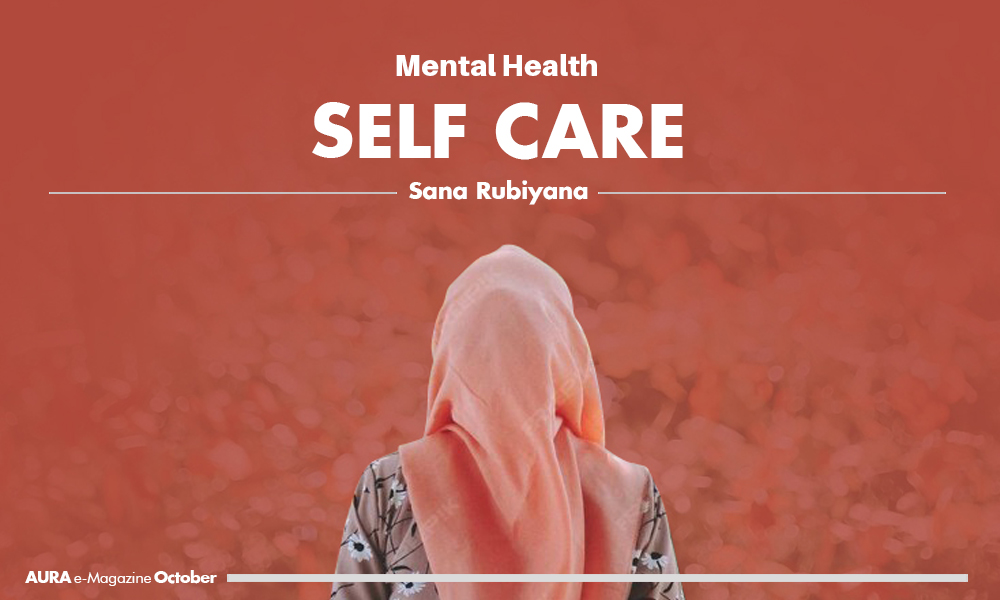Psychologist and Rational Emotive Cognitive Behavioral Therapist
sanarubiana@gmail.com , X@SRubiyana & Instagram@sanarubiyana15
Self-care means taking the time to do things that help you live well and improve your physical and mental health. This can help you manage stress, lower your risk of illness, and increase your energy. Even small acts of self-care in your daily life can have a big impact. Self-care is providing adequate attention to one’s physical and psychological wellness (Beauchamp & Childress, 2001).
Some benefits of self-care are improved physical health, enhanced mental and emotional well-being, increased productivity and focus, increased self-worth and self-esteem, and prevention of burnout.
The science behind self-care-
Role of neurotransmitters: Meditation, exercise, and spending time in nature can trigger the release of neurotransmitters like serotonin and dopamine.
Impact on brain structure: Meditation has been linked to increased gray matter density in areas associated with memory, self-awareness, and compassion.
Immune system boost: Self-care activities such as regular exercise and sufficient sleep can boost immunity & improve overall health.
Each method of self-care fits into the following pillars: social, spiritual, mental, emotional, practical, and physical.
Social-
- Getting involved in social activity in your community
- Keeping in touch with your friends
- Establishing a support system
- Joining an online support group
- Calling or texting someone you care about
- Communicating your wants, needs and boundaries
Spiritual-
- Going to your place of worship or safe place
- Dedicating time for self-reflection
- Connecting with nature through mindful walking
- Trying yoga or stretching
- Volunteering in your community
- Meditating or praying
Mental-
- Listening to an interesting podcast
- Learning something new
- Solving brain-enhancing activities, like a crossword puzzle
- Reading a book
- Playing a board game
Emotional-
- Attending therapy or talking about your feelings with someone
- Trying a guided meditation
- Practicing mindfulness when you feel overwhelmed
- Creating art
- Practicing gratitude
- Journaling
Practical-
- Household chores like cooking, baking, cleaning, meal prepping
- Organising and decluttering
- Setting realistic goals for the week ahead
- Scheduling and planning
- Budgeting
Physical-
- Moving your body in ways that feel good to you
- Practicing healthy sleep hygiene
- Washing, bathing, skincare and hair care
- Checking in with your body’s needs
- Staying hydrated
If you don’t practice self-care, you are most likely going to experience burnout and other mental and physical health issues.


0 Comments